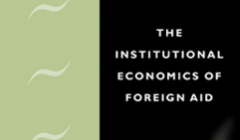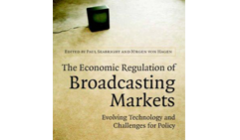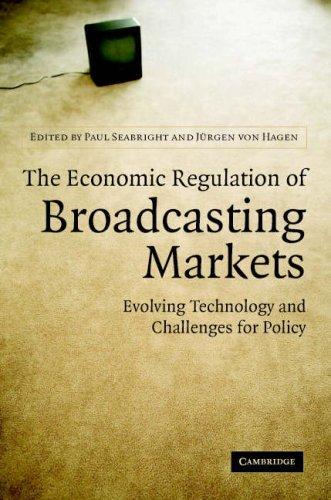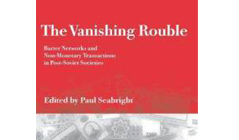Paul Seabright, “Darwin and Human Society”, in Darwin: Darwin College Lectures, collection Cambridge University Press, 2010, p. 78-103.
Charles Darwin can easily be considered one of the most influential scholars of his time. His thoughts, ideas, research and writings have had a far reaching impact and influence on modern thought in the arts, on society, and in science. With contributions from leading scholars, this collection of essays explores how Darwin’s work grew out of the ideas of his time, and how its influence spread to contemporary thinking about creationism, the limits of human evolution and the diversification of living species and their conservation. A full account of the legacy of Darwin in contemporary scholarship and thought. With contributions from Janet Browne, Jim Secord, Rebecca Stott, Paul Seabright, Steve Jones, Sean Carroll, Craig Moritz and John Dupré. This book derives from a highly successful series of public lectures, revised and illustrated for publication under the editorship of Professor William Brown and Professor Andrew Fabian of the University of Cambridge.






